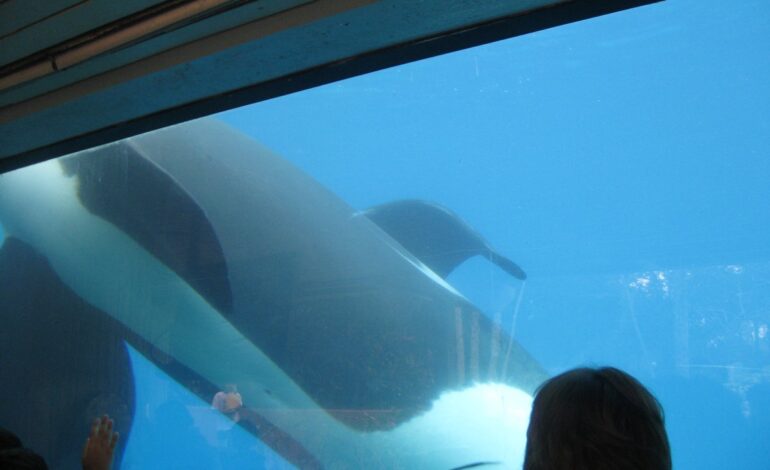Viral Orca “Trainer Death” Is AI Fabrication: What Really Happened and Why It Spread

Quinn Parker here, and yes I had three espressos before noon, so buckle up because this is wild and messy and exactly the kind of nonsense I live to untangle.
Okay, so listen up: a viral clip claiming that a whale trainer named Jessica Radcliffe was killed by an orca during a live show is false; the video is an AI-generated hoax that stitched together archival footage and fabricated audio to mimic a real tragedy. Multiple fact-checks and expert analyses show no official records or credible reporting that Jessica Radcliffe ever existed, and there is no evidence the alleged attack occurred at any marine park.
The clip first exploded on TikTok, purporting to show a dramatic onstage incident at “Pacific Blue Marine Park” in which an orca supposedly fatally injured Radcliffe. That park name and the trainer’s identity do not appear in public records, media reports, or industry rosters. Experts who examined the footage told outlets such as the International Business Times that the video combined archival whale-show footage with AI-generated voice audio, producing a realistic but fabricated scene. The hoax even leaned into sensational details—one variant of the clip claimed menstrual blood triggered the orca—which fact-checkers note are common manipulative elements added to manufactured stories to ramp up shock value.
Why did this fake clip feel believable? Because it borrowed from real, terrible incidents. The hoax appeared to draw on two documented trainer deaths: Alexis Martínez, who suffered fatal injuries during an incident with an orca named Keto at Loro Parque in 2009, and Dawn Brancheau, who died after an encounter with the orca Tilikum at SeaWorld Orlando in 2010. Brancheau’s death, which involved being pulled underwater and struck by the whale in front of a crowd, was widely reported and later investigated in the 2013 documentary Blackfish. Experts say referencing known tragedies gives fabricated content a veneer of legitimacy and makes it easier to spread.
Responsible reporting and fact-checking matter here. Outlets that examined the clip found no police reports, no coroner filings, and no credible eyewitness or institutional confirmations to back the TikTok claim. When something as serious as a trainer fatality is alleged, it triggers formal inquiries, media coverage, and official statements from marine parks and authorities. None appeared. Instead, the viral clip appears to be an example of deepfake technology weaponized to create emotional panic and rake in views.
This episode illustrates two broader trends: first, AI tools can now produce alarmingly plausible audiovisual fabrications, and second, social platforms still struggle to stop them from snowballing before fact-checks catch up. If you see dramatic claims without multiple credible sources—especially involving deaths—pause, search for official statements, and look for corroboration from local authorities or established news organizations.
So no, Jessica Radcliffe was not killed by an orca; the clip is a digitally manufactured hoax that leaned on real tragedies for believability, and experts flagged AI-generated audio and repurposed footage as the giveaway. Stay skeptical and use trusted outlets to confirm before you hit share.
Okay, I need to calm down after that!
Sources: Celebrity Storm and International Business Times, E! Online, Blackfish (documentary)
Attribution: Creative Commons Licensed




